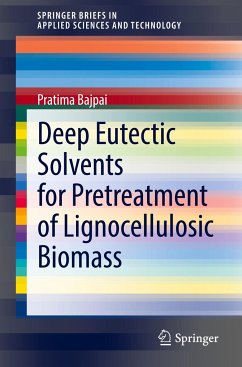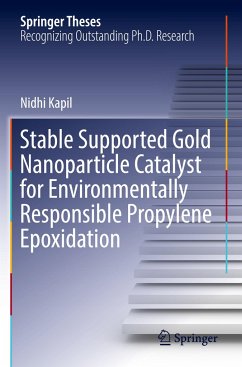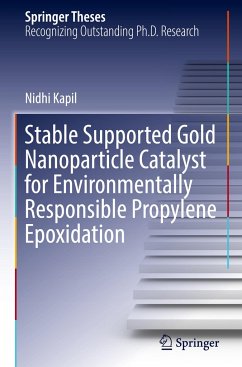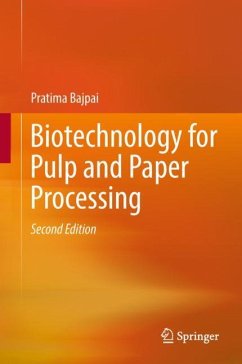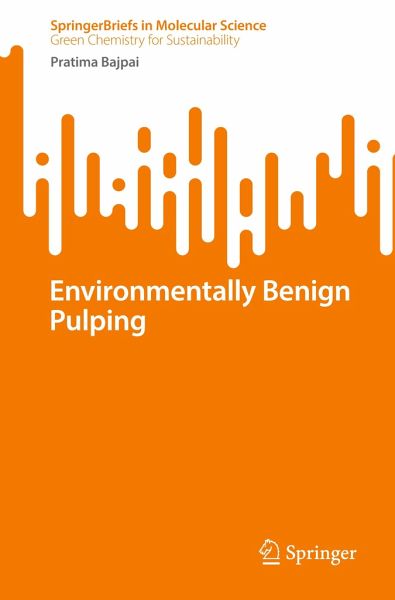
Environmentally Benign Pulping

PAYBACK Punkte
19 °P sammeln!
This book provides the most up-to-date and comprehensive information on the state-of-the-art techniques and aspects involved in environment-friendly pulping technologies. Traditional chemical and semi-chemical pulping processes are not environmentally friendly. Therefore, it has become important to look for alternative approaches to mitigate wastewater emissions in the paper industry, by making more stringent regulations to improve environmental conservation. In response to this problem, new raw materials need to be explored to replace traditional choices and also new pulping processes need to...
This book provides the most up-to-date and comprehensive information on the state-of-the-art techniques and aspects involved in environment-friendly pulping technologies. Traditional chemical and semi-chemical pulping processes are not environmentally friendly. Therefore, it has become important to look for alternative approaches to mitigate wastewater emissions in the paper industry, by making more stringent regulations to improve environmental conservation. In response to this problem, new raw materials need to be explored to replace traditional choices and also new pulping processes need to be developed based on less polluting, more easily recovered reagents. This book presents new and emerging deep eutectic solvents for lignocellulosic biomass pretreatment, and discusses the effects of deep eutectic solvents on biomass pretreatment and the production of value-added products. It also introduces biotechnological methods of pulping. Biotechnological processes help to make manufacturing processes cleaner and more efficient by reducing toxic chemical pollution and greenhouse gas emissions. Given its scope, this book is of interest to applied chemists, foresters, chemical engineers, wood scientists, along with engineers and researchers involved in the pulp and paper industry as a valuable reference.






